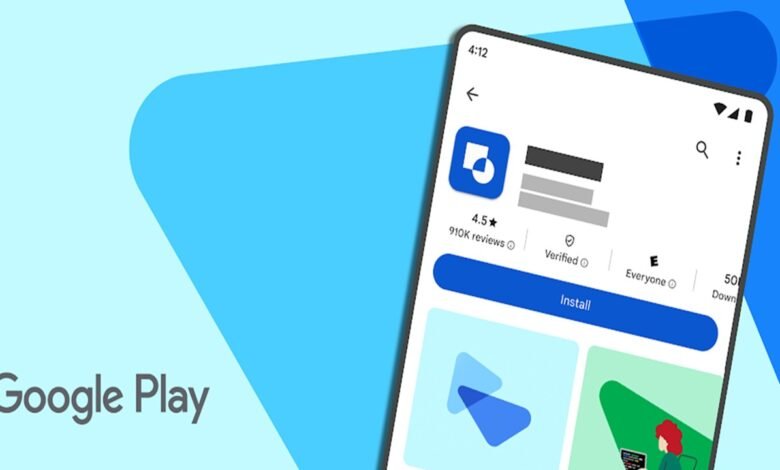
Contrary to recent rumors, Google is not planning to completely block the sideloading of apps on Android devices starting next year. However, the company is introducing a new developer verification requirement that will significantly change how apps are installed outside of the Google Play Store. This new policy is aimed at enhancing user security and combating the spread of malware.
Starting in September 2026, in a phased rollout beginning with Brazil, Indonesia, Singapore, and Thailand, Android app developers who distribute their apps for sideloading will need to have their accounts verified by Google. This global rollout is expected to be completed in 2027. This means that while users will still be able to sideload apps, those apps must come from developers who have completed Google’s verification process.
The primary motivation behind this change, according to Google, is to address the higher prevalence of malware in apps downloaded from third-party sources compared to those on the Google Play Store. By requiring developer verification, Google aims to make it more difficult for malicious actors to distribute harmful apps and to hold them accountable.
This new policy will not affect the vast majority of Android users who download their apps exclusively from the Google Play Store. For those of us who do sideload apps, the experience will change in that they will only be able to install apps from developers who have undergone Google’s verification. The process for sideloading itself is not being removed.
So, nope. The ability to sideload apps on Android is not being eliminated. Instead, Google is implementing a new security measure that will require developers of sideloaded applications to be verified, a change that will begin its rollout in late 2026.






